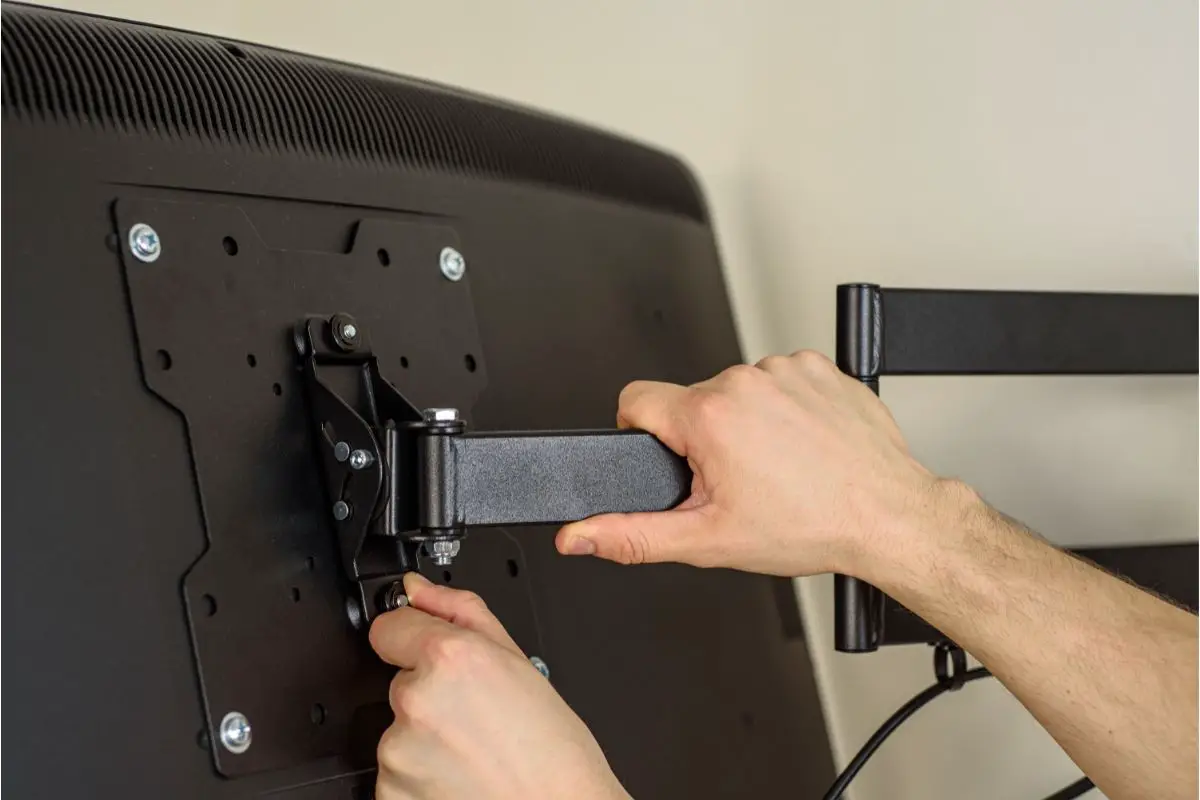Have you ever experienced crackling speakers? If yes, then you probably know that they can cause major damage to your audio system.
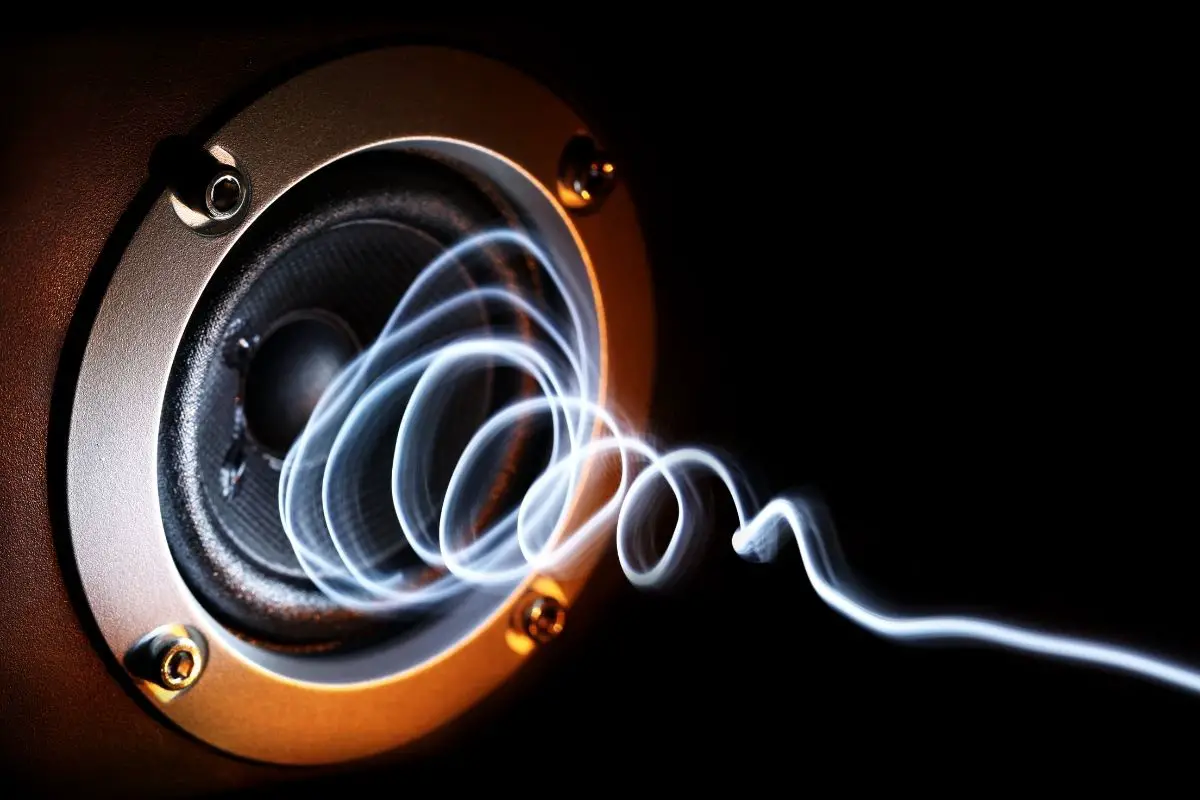
In fact, some experts say that crackling speakers are caused by a buildup of static electricity.
This happens because of the friction between the moving parts of the speaker.
However, something that most people do not know is that a vast majority of speakers you will find on the market today actually have a particular threshold for maximum volume.
If this threshold is met and then broken, the speakers will end up crackling or popping as they play.
It can be unpleasant to the ear especially if you have an expensive audio setup or a home theater system, it can be worrisome.
However, most people will be unwise as to why this actually happens, and why it will usually persist with a single set of speakers, be they a new or old model.
It can even happen with new speakers.
So, why does this happen, and what can you do to stop it?
What Are The Primary Causes?
We have already noted that a majority of speakers will have this crackling or popping issue once the highest threshold has been met for the volume.
Yet, while this is the primary reason for this issue, there are other reasons why this can happen as well.
You should consider other things as well.
One of the many reasons why this may happen can be due to interrupting electrical currents in audio signals that are sent to the receiver.
This can be otherwise known as an ‘interrupted current’, as there may be several contributing factors that make this happen, including faulty cables, bad connections, and even issues with the unit, or the source of the audio!
You should always remember that speakers are considered as transducers, in which they use electrical energy and convert it into wave energy.
Basically they turn audio signals into sound waves.
These sound waves are what we hear, and every audio signal will have different alternating currents within them.
The Interruption & Disruption Of Audio Signals
We said that audio signals can get disrupted/ interrupted, and you may wonder how this can happen.
The most basic way we can explain this is that if you were to imagine an audio signal traveling in a straight line, an interrupted sound wave would be one that is disrupted during its journey to your sound unit.
In order for it to gain a smooth sounding output, the linear movement needs to be without any intrusions, or it will end up crackling and popping away, like we do not want.
Basically, an audio signal travels like a squiggly line, but if an audio signal is obstructed, then the audio wave will be more jagged, and distorted, no longer looking like a squiggly line.
So, if it would usually be a squiggly line, a disrupted audio signal would perhaps have sharp angles and edges, this is where those cracks and pops come from.
Remember, that while we cannot see these audio waves, sound waves are just like any other electrical current.
Remember, there is a point in which there will be no voltage, this is why sound is a squiggly line.
Through its center there is no voltage for the sound to pass through, and this creates a POP! While this is a cause, it is not the reason.
The actual legitimate reason is that the speaker does not think there are any audio signals going to its receivers
A crackle will look even more different if we look at it.
It would have the same sharp edges at its peak as a pop, but it would also have sharp edges, and almost rigid movements in the trough.
Creating a duo of interruptions, and yet another section in which there is no voltage.
This makes your speakers pop very repetitively, which makes the speaker create that crackling noise.
Why Do Pops & Crackles Still Happen?
It is a common myth that cracking and popping noises will only happen in a speaker system that is analogue, however, you would be wrong to think this.
It often happens to digital setups as well. Especially with a digital-analog converter.
Should the digital signal get cut off, this is when it produces a crackling or popping noise.
To solve this issue, things are being changed wherein editors are now using crossfades when they edit files.
It may not entirely stop the issue, but it should make it much less common.
Causes Of Popping And Crackling In Vinyl Records
Vinyl records can crackle and pop as well, however, the cause is different for these, any audio player can have these issues, but the cause is often different.
The cause of the crackling and popping in physical sound players is not the interruption of audio signals as it plays back, instead the issue is just the noise within it itself.
It could even come from static electricity on the record, and any potential dust that is covering it.
You should remember that by default, vinyl records will always have some small level of static.
This can then be picked up by the needle that is used to play the record, and this can produce this popping and crackling noise as a result in the speaker.
This means that it is pretty much impossible for any record to be totally free of pops and cracks once it has been played.
That being said, any dust on it, or dust could also be a cause as you play them.
It can even be the most miniscule ones, tiny specks of dust or dirt inside the grooves of the record, even these tiny little specks can cause the odd crack or pop.
The best way to deal with this is simply to use a brush that prevents static, and give the record a quick and gentle brushing before you use it.
There are plenty of these around you so you have many choices.
Can You Fix Popping & Crackling Speakers?
If all this sounds like a permanent problem, and not something that can easily be fixed, you’ll be happy to know that you can fix speakers that crackle and pop.
It has often been shown that this issue is easily fixable on physical players such as vinyl players.
With digital audio, it is not so easy, but can still be done, so with digital audio, the best way to fix these is by cross-fading during editing, which is something that is being done more now as we previously stated.
However, what about speaker units, these could be something such as a unit used for a home cinema.
The simplest fix for these is to just fix and adequately rearrange the cables which connect them from the source of the audio and to the unit that is having issues.
On the off chance that you have a broken or damaged cable then you will find that they produce cracking and popping noises as a result.
Yet, also be aware of improperly arranged cables, as this can also cause this issue, bends or knots in cables can be a source of crackling and popping, as improper cable care can lead to broken wiring.
How can you tell if the cable is the issue?
Well, to figure out if the connection via cable is the faulty issue here, you should wiggle it while it is connected to the device and audio is playing.
If you find that there is a crackling or popping sound as you do so then there is a section of the cable that is faulty.
This is likely due to internal wire damage.
If you find that there are no pops or crackles when you wiggle the wires then you move on to the next check, this would be to check the port connections, especially at the point where the end of the cable is soldered.
If this part of the cable is not done properly, or if the connection is bad, this will cause an issue.
The best way to resolve this is to re-solder the connection, although this will not always be easy or work.
If this is not an issue, you can also check out the connection ports, such as the auxiliary ports/ jacks, in your audio system.
You should check any amplifiers as these can also be a source of this issue.
Remember dust and debris can get in these spaces, and it can cause a poor connection and therefore, crackling and popping noises can occur as a result.
If, however, the issue continues no matter what you do, you should simply buy and apply a new cable for the connection.
If it continues even after many attempts by you and you have done all the recommendations above, then a new cable is your best bet to resolve the issue for good.
Is Audio Distortion In Speakers Related To High Volume?
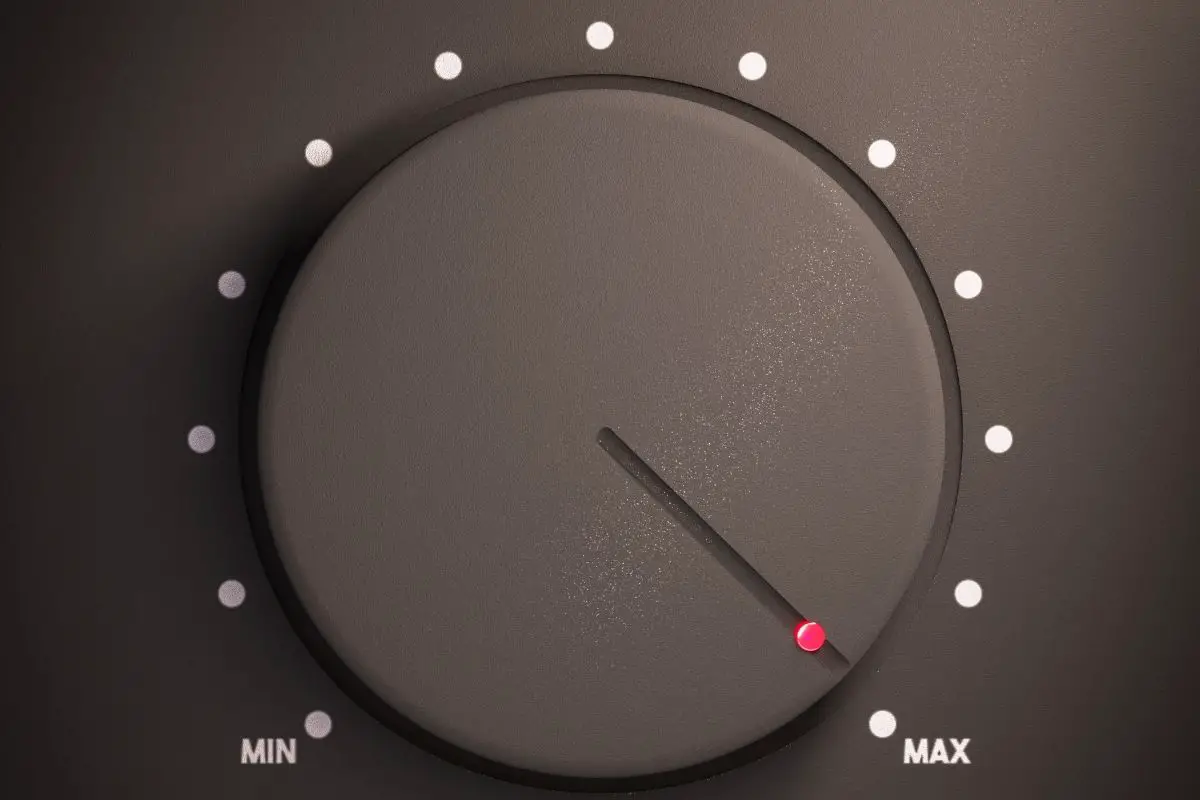
One of the most common reasons for your speakers to start popping and crackling is due to the threshold of the maximum volume output the speakers are capable of producing without issues rearing their ugly heads.
Most people traditionally think that speaker distortion is the primary culprit of crackling and popping in speakers, however, we are here to debate if this is really true.
The most basic answer to this question is that yes, distortion is the most common root cause, and distortion itself is an issue, and it is also similar to many of the other root causes of this issue.
Even bad connections, faulty wires, and issues between the unit and the source of audio would fall into this category, so we can undoubtedly say that yes, this is the absolute root cause.
However, there are two primary reasons that are acknowledged for the distortion of speakers at high levels.
This includes;
1. When the audio source itself is distorted, this is usually down to the audio file that is being played having distortions in it that are causing this.
2. If the drivers of the speaker themselves are not able to handle the overall load of the audio source that is being played, then this can produce a distorted output as a result, because the drivers are being pushed over their maximum ability.
Audio Distortion: An Explanation
We have mentioned audio distortion a lot, so we think it is worth it to tell you more about what it actually is.
If you want to imagine what audio distortion looks like, consider a wave going over a straight dotted line.
The wave is a waveform, and if there is any deformation to it, this causes the output of audio from your speakers to distort.
This is an occurrence in which the typical smooth S-shape of a line is cut and changed, and it ends up in a different form and direction than it should.
Yet, you should be wise as not to confuse ‘audio distortion’ with the distortion of your speakers.
This is because distortion in your speakers means that there are multiple differences in your waveforms that it ends up producing which are very different to the ones intended.
This is usually the type that we often hear, the distortion we can audibly hear from our speakers.
However, not everyone is keyed in enough to hear it and identify it immediately, but a trained ear can clearly pick up if there is distortion in a speaker or not.
Let’s look over some of the possible causes of distortion in the sound of your speaker units.
- Any potential physical damage to your speakers themselves.
- Issues with the original audio signal of the audio itself.
- The current and actioned crossover network in which both the speaker and the source of audio are connected to, including any specifically faulty connections.
- If varying amplifiers are connected between the source of the audio and the unit, this is very specific to amplifiers which are faulty.
Fixing Pops & Crackles In Speakers
So, with all these reasons, and potential issues that can cause this problem. How can you fix it?
Well, in order to avoid any speaker distortions, you should always remember two things when you wish to keep your speakers working at their fullest potential.
These are that you should always have the right and matching amplifier set up for your speaker system.
Also, that you should disregard any power handling that your amplifier may note in its specifications manual.
So, you should have an adequately matched amplifier, it can be a huge difference when you are looking to use your speakers for playing back audio.
As without this to back up your unit you can easily find that the audio being played will end up distorted and wrong.
Why should you disregard the power handling? Well, it does not matter if the power handling is above or below that of your speaker unit.
The audio will be distorted regardless of this, it is not an aspect that will affect your audio at all, so just ignore it.
If you find that this occurs you should simply turn the volume down until you find there is no more distortion, with speakers and amplifiers this is just a rule of thumb.
However, you should also consider an aux 3.5 mm TRS cable, or just replacing loose/faulty connections.
In order to discover what is the issue you may find it wise to move every wire at low volume to find the problem wire.
Distortion Happening At High Volume Levels, Why?
So, this leaves us with even more questions such as, why does distortion happen at high volumes?
Well, there is a threshold that speakers have on how high the volume can be when they play a file. Even distortion has its own limits.
Yet, rather than the maximum volume it can produce, instead it is in reference to the maximum output that your amplifier is able to take.
When the threshold for your amplifier is broken and reached, there will be distortion as a result. This is something that can often be known as ‘clipping ‘.
So, if you imagine the sine wave flow, at a medium volume there is no issue.
But at a high volume, the tips of the wave will be capped at the points which an amplifier can produce.
So, if there is no voltage, no audio can carry through there, so, any output is lost at where the amplifier caps, and thus it clips it.
This means that if you greatly increase the volume of your audio above what the amplifier is capable of, you will get distortion as a result simply because the amplifier is not capable of going above its volume threshold.
We may not think it because sound can be so loud, but everything has its limits.
So, if your distortions are created by the audio volume being too high for the amplifier, just lower the volume and the distortion will cease.
Crackling & Popping: Relative To Distortion
As you can see above, crackling and popping in speakers today are generally commonplace as a result of distortion.
Both the issues of distortion and crackling and popping have the same cause.
They have the same reason for happening, although they do have different causes of the issues, and their explanations do vary slightly.
However, regardless of this, the ways in which you can fix the issues are very alike.
A majority of the fixes for these issues will involve the same components, including; the audio itself, the connections between the devices, and the speakers themselves.
The only really noticeable difference between distortion and crackling and popping is that one will pertain to amplifiers while the other does not.
The absolute best way you can avoid either issue is to simply ensure that all components are functioning well and are working in top condition while they still have the most ideal connection.
Also, do not forget to check for damage, as damage is just as much of a culprit and is far more common than you may think.
It is wise to always be vigilant of any potential damages.
To Conclude
To wrap this up, when your speakers are crackling and popping, it is annoying, and it kind of ruins your whole listening experience.
Having no electrical interference, a secure connection, and matched amplifiers are just some ways that you can ensure that problem plagues you no more.
There are many ways in which you can fix the issue, depending on what is the root cause of the issue in the first place.
However, you can easily eradicate the overall problem by simply going through this article and checking off boxes and analyzing the root cause.
- How Do I Connect My Samsung Soundbar To Bluetooth? - February 5, 2024
- How To Connect Soundbar To TV With Optical Cable? - February 5, 2024
- How to Choose the Right Audio System for Your Home Theater Setup - April 25, 2023

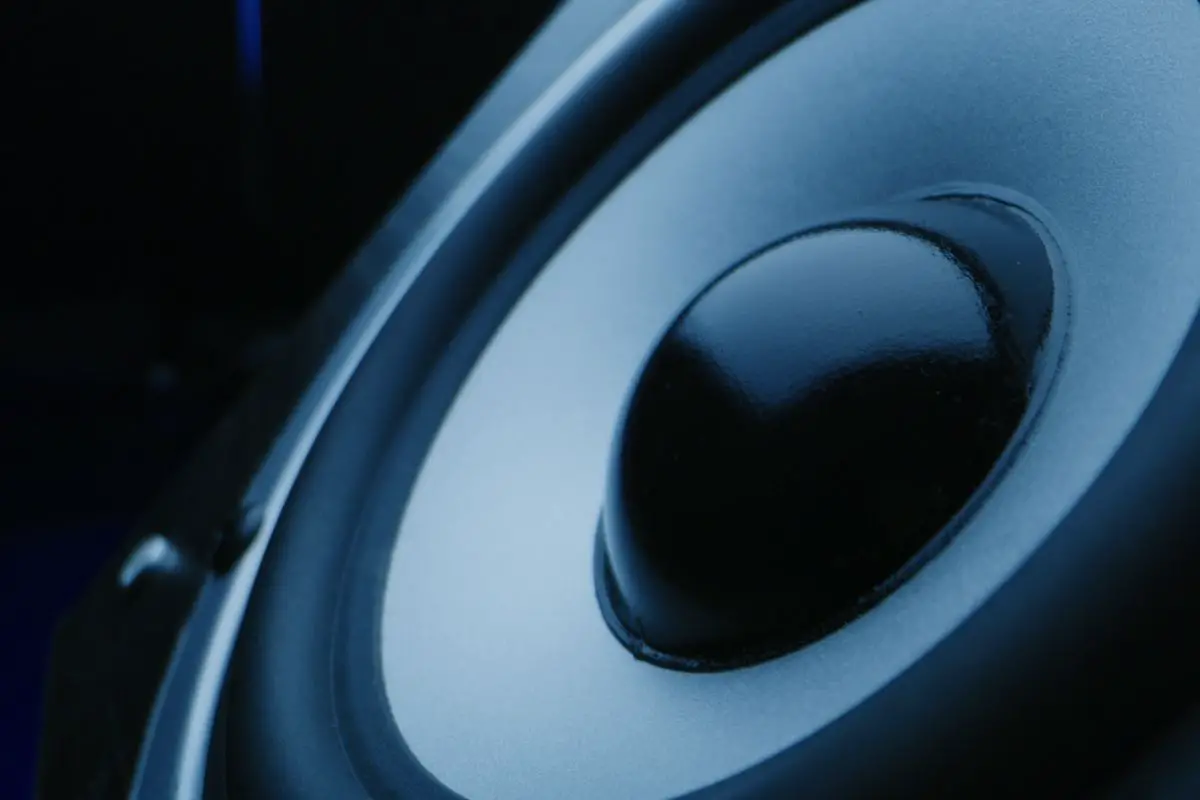
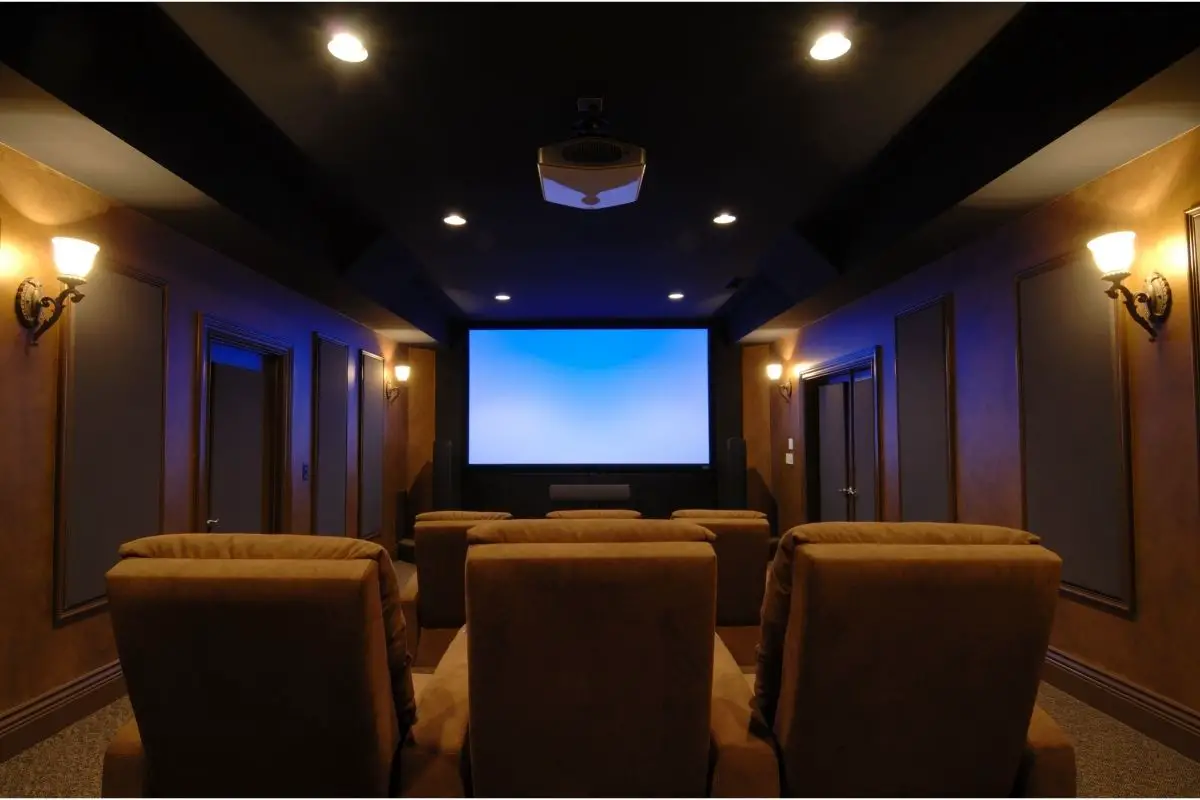
![Why Sound Bar Making Popping Noise? [Explained] Why Is My Soundbar Making Popping Noises](https://www.cinemaequip.com/wp-content/uploads/2022/07/Why-Is-My-Soundbar-Making-Popping-Noises-1-150x150.jpg)
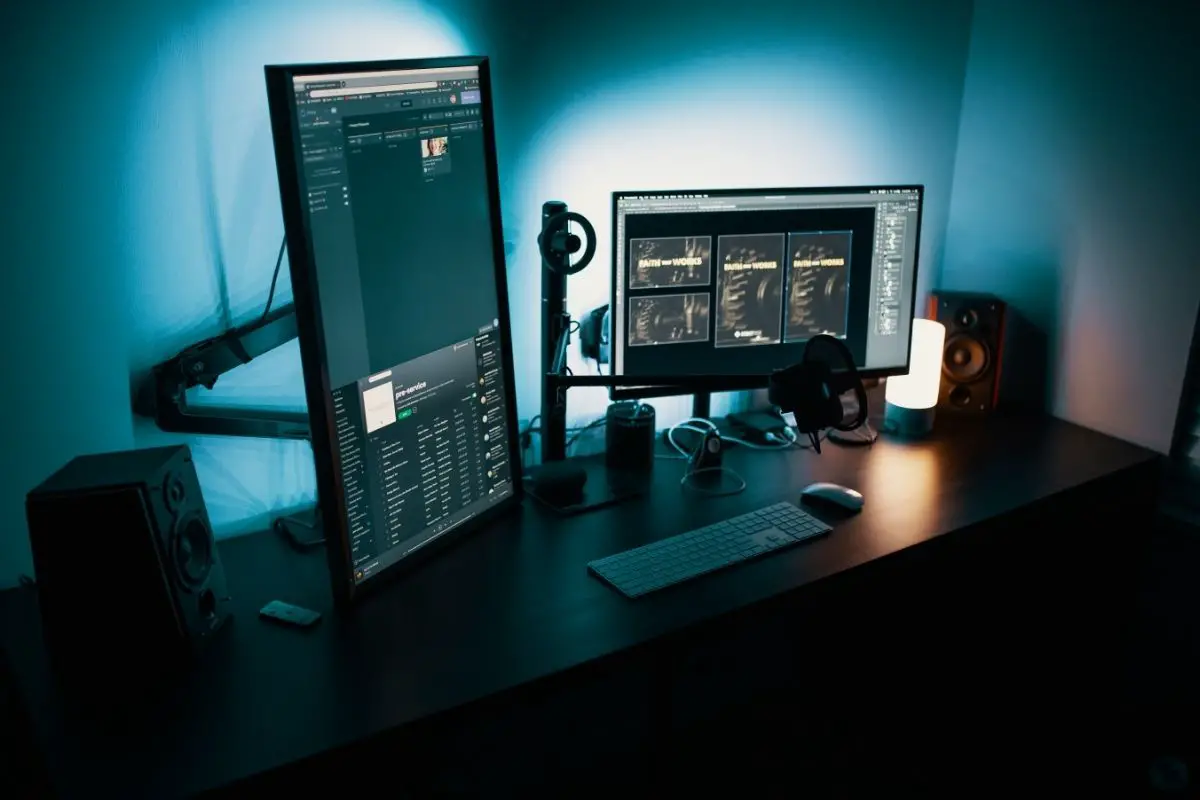
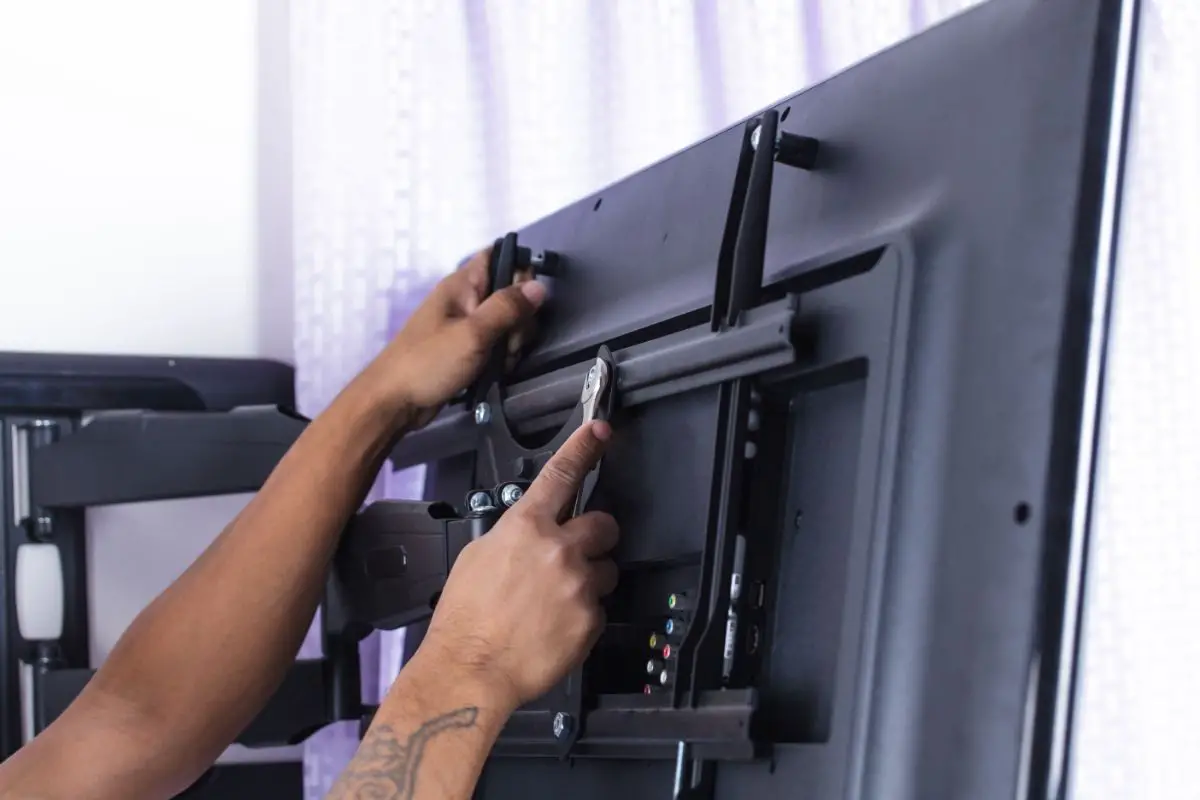
![Why Is My Samsung Soundbar Making Crackling Noise? [Common Reasons] Samsung Soundbar Making Crackling Noise](https://www.cinemaequip.com/wp-content/uploads/2022/07/Samsung-Soundbar-Making-Crackling-Noise-150x150.jpg)

